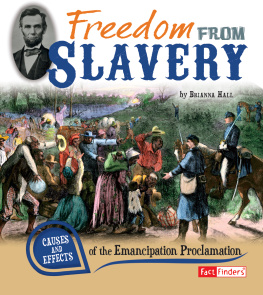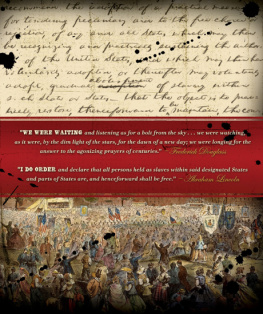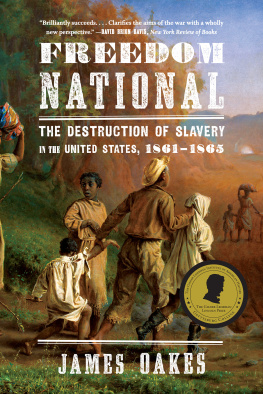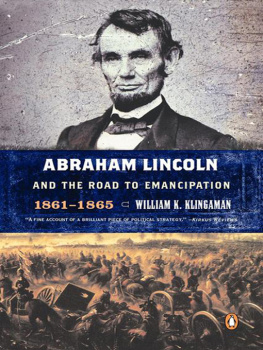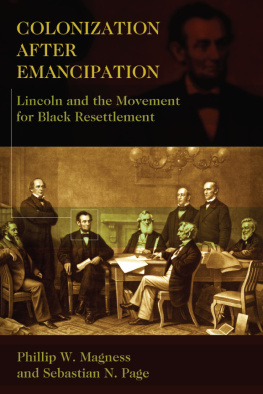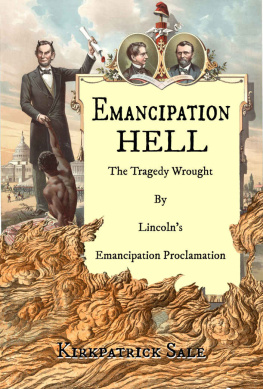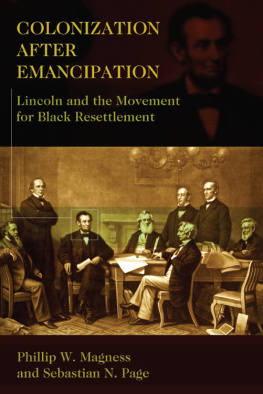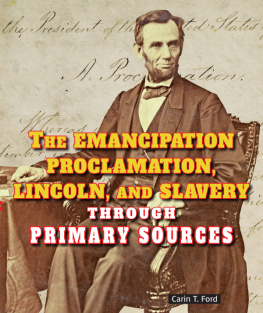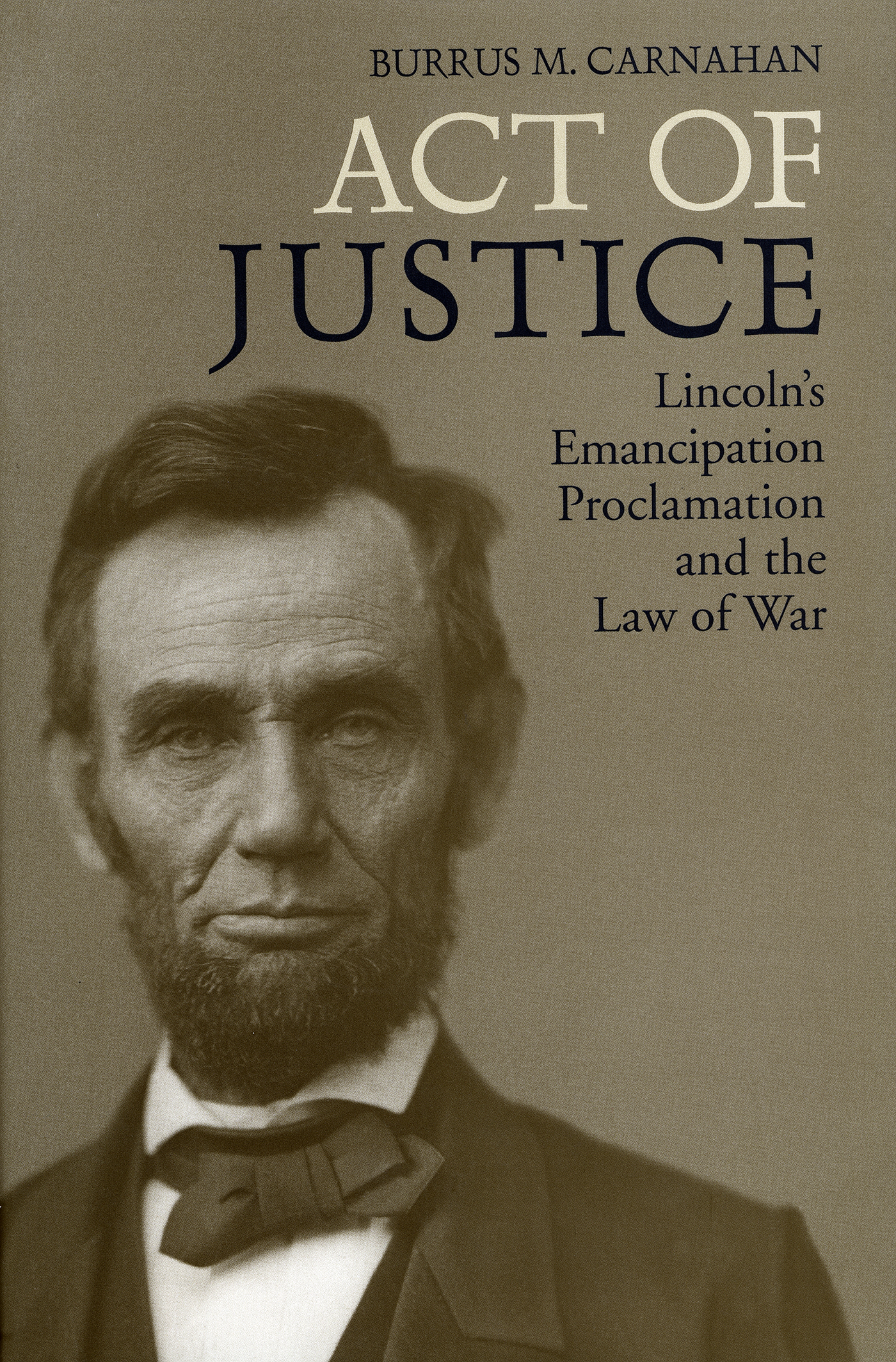Burrus M. Carnahan - Act of Justice: Lincolns Emancipation Proclamation and the Law of War
Here you can read online Burrus M. Carnahan - Act of Justice: Lincolns Emancipation Proclamation and the Law of War full text of the book (entire story) in english for free. Download pdf and epub, get meaning, cover and reviews about this ebook. year: 2007, publisher: The University Press of Kentucky, genre: History. Description of the work, (preface) as well as reviews are available. Best literature library LitArk.com created for fans of good reading and offers a wide selection of genres:
Romance novel
Science fiction
Adventure
Detective
Science
History
Home and family
Prose
Art
Politics
Computer
Non-fiction
Religion
Business
Children
Humor
Choose a favorite category and find really read worthwhile books. Enjoy immersion in the world of imagination, feel the emotions of the characters or learn something new for yourself, make an fascinating discovery.

- Book:Act of Justice: Lincolns Emancipation Proclamation and the Law of War
- Author:
- Publisher:The University Press of Kentucky
- Genre:
- Year:2007
- Rating:3 / 5
- Favourites:Add to favourites
- Your mark:
Act of Justice: Lincolns Emancipation Proclamation and the Law of War: summary, description and annotation
We offer to read an annotation, description, summary or preface (depends on what the author of the book "Act of Justice: Lincolns Emancipation Proclamation and the Law of War" wrote himself). If you haven't found the necessary information about the book — write in the comments, we will try to find it.
In his first inaugural address, Abraham Lincoln declared that as president he would have no lawful right to interfere with the institution of slavery. Yet less than two years later, he issued a proclamation intended to free all slaves throughout the Confederate states. When critics challenged the constitutional soundness of the act, Lincoln pointed to the international laws and usages of war as the legal basis for his Proclamation, asserting that the Constitution invested the president with the law of war in time of war. As the Civil War intensified, the Lincoln administration slowly and reluctantly accorded full belligerent rights to the Confederacy under the law of war. This included designating a prisoner of war status for captives, honoring flags of truce, and negotiating formal agreements for the exchange of prisoners practices that laid the intellectual foundations for emancipation. Once the United States allowed Confederates all the privileges of belligerents under international law, it followed that they should also suffer the disadvantages, including trial by military courts, seizure of property, and eventually the emancipation of slaves. Even after the Lincoln administration decided to apply the law of war, it was unclear whether state and federal courts would agree. After careful analysis, author Burrus M. Carnahan concludes that if the courts had decided that the proclamation was not justified, the result would have been the personal legal liability of thousands of Union officers to aggrieved slave owners. This argument offers further support to the notion that Lincolns delay in issuing the Emancipation Proclamation was an exercise of political prudence, not a personal reluctance to free the slaves. In Act of Justice, Carnahan contends that Lincoln was no reluctant emancipator; he wrote a truly radical document that treated Confederate slaves as an oppressed people rather than merely as enemy property. In this respect, Lincolns proclamation anticipated the psychological warfare tactics of the twentieth and twenty-first centuries. Carnahans exploration of the presidents war powers illuminates the origins of early debates about war powers and the Constitution and their link to international law.
Burrus M. Carnahan: author's other books
Who wrote Act of Justice: Lincolns Emancipation Proclamation and the Law of War? Find out the surname, the name of the author of the book and a list of all author's works by series.

